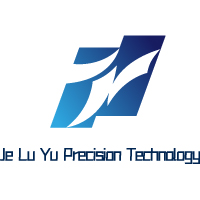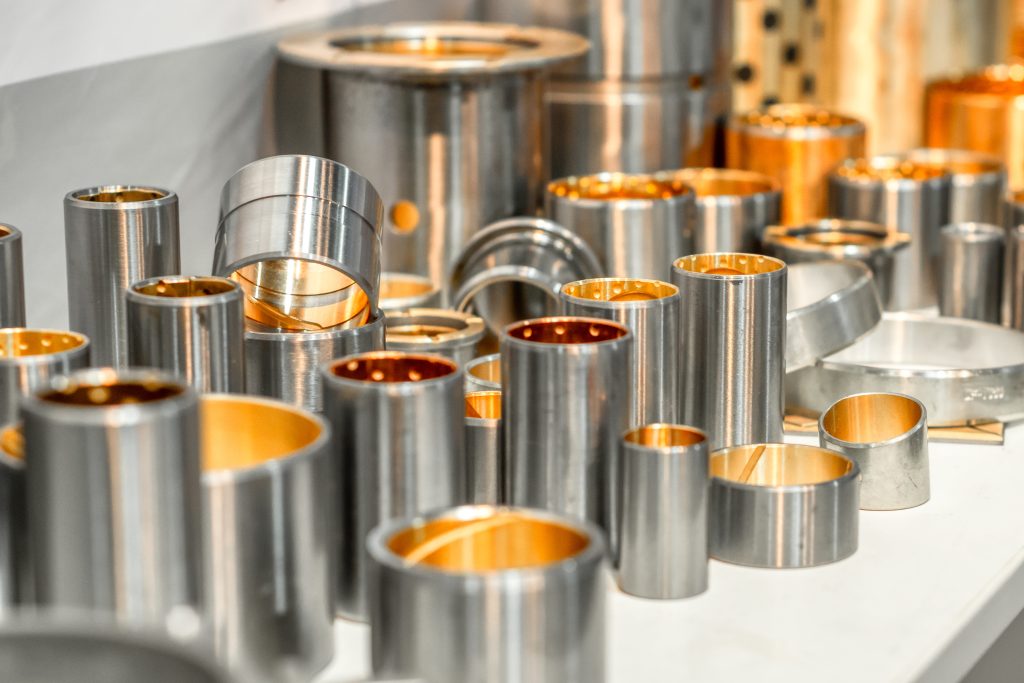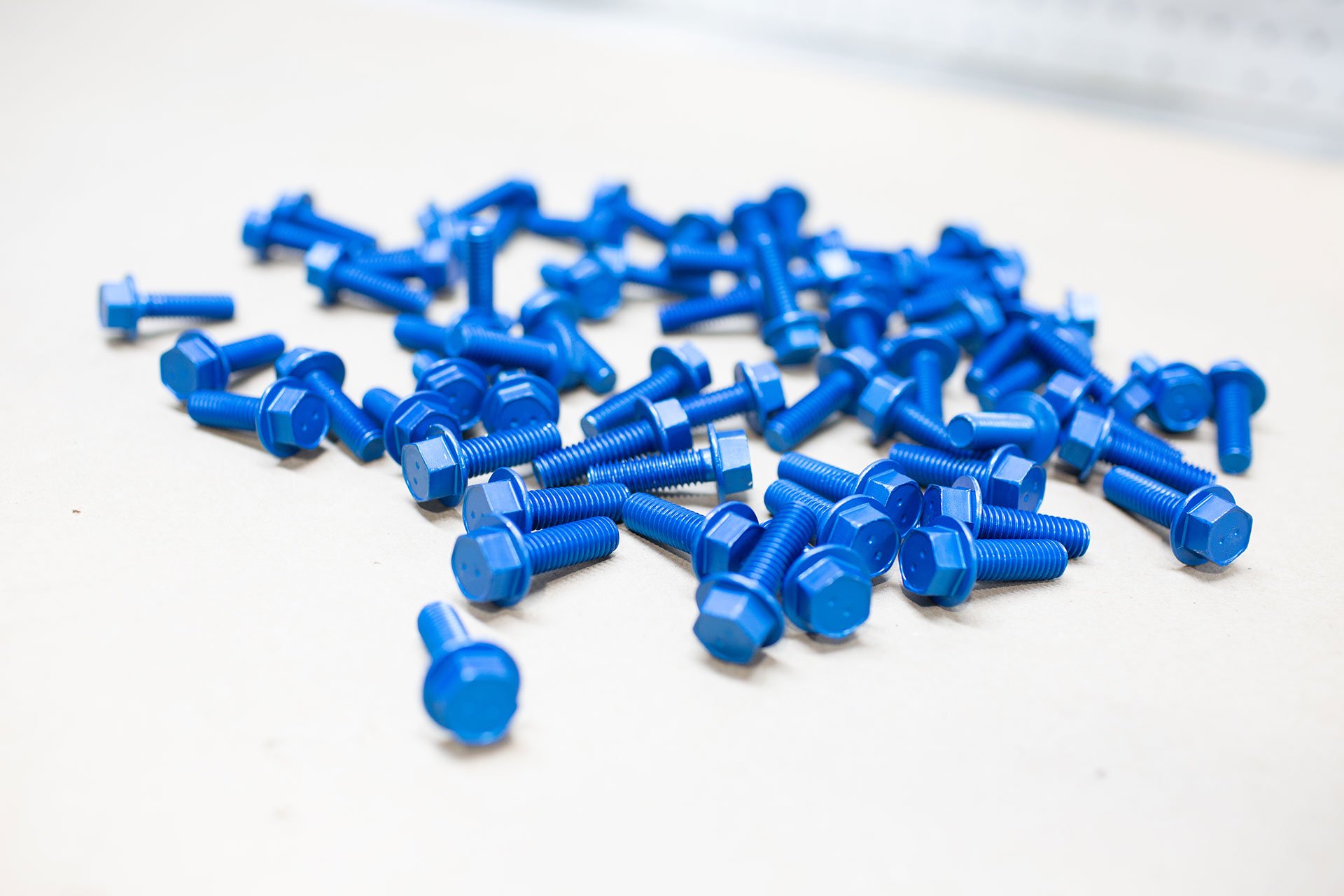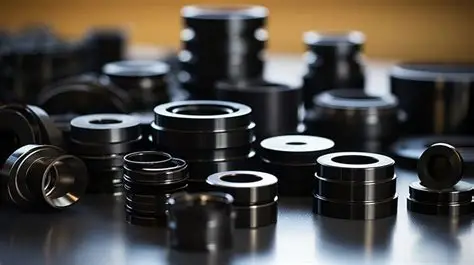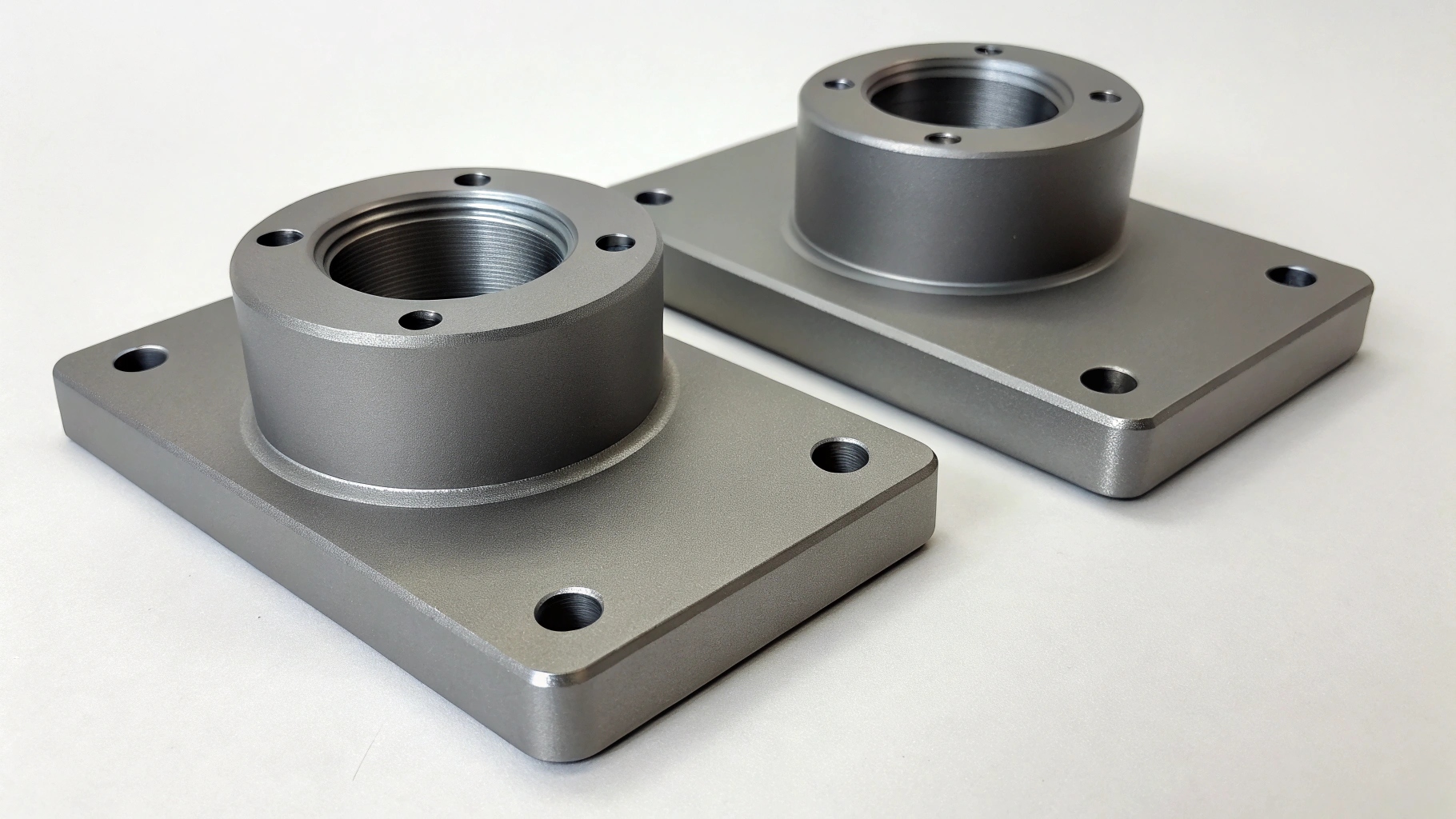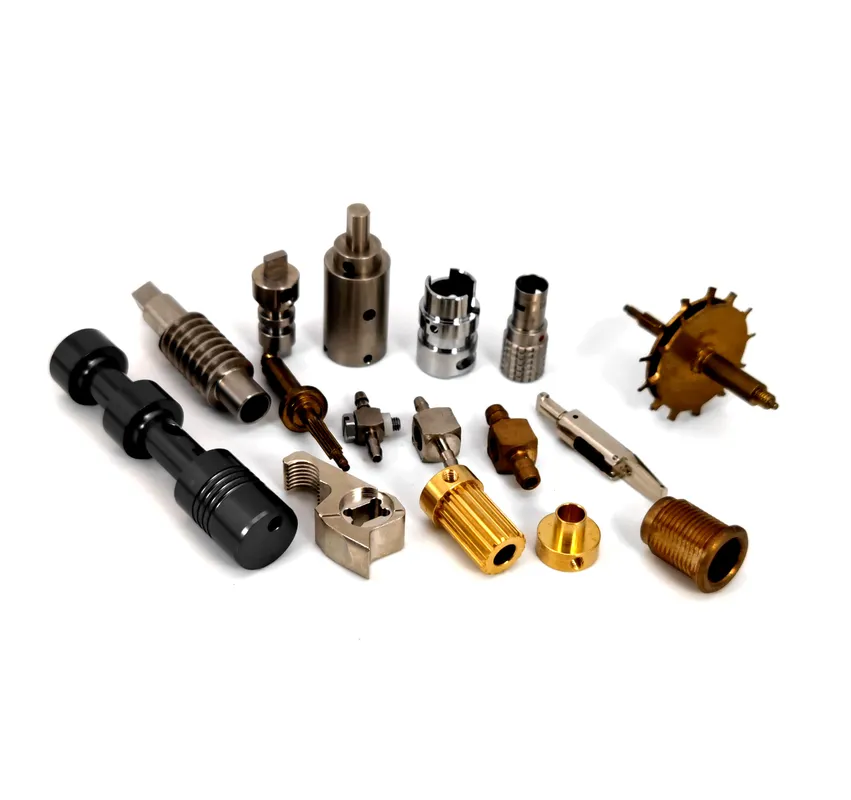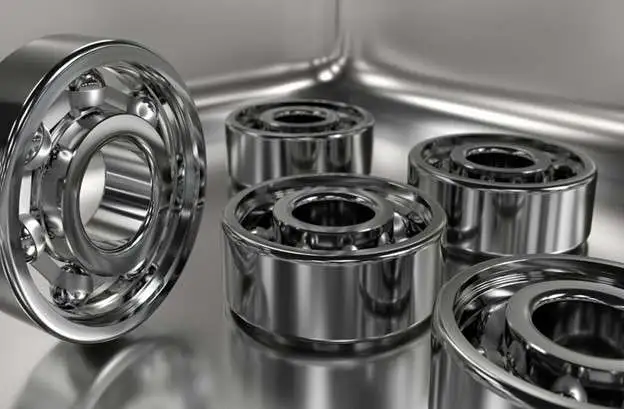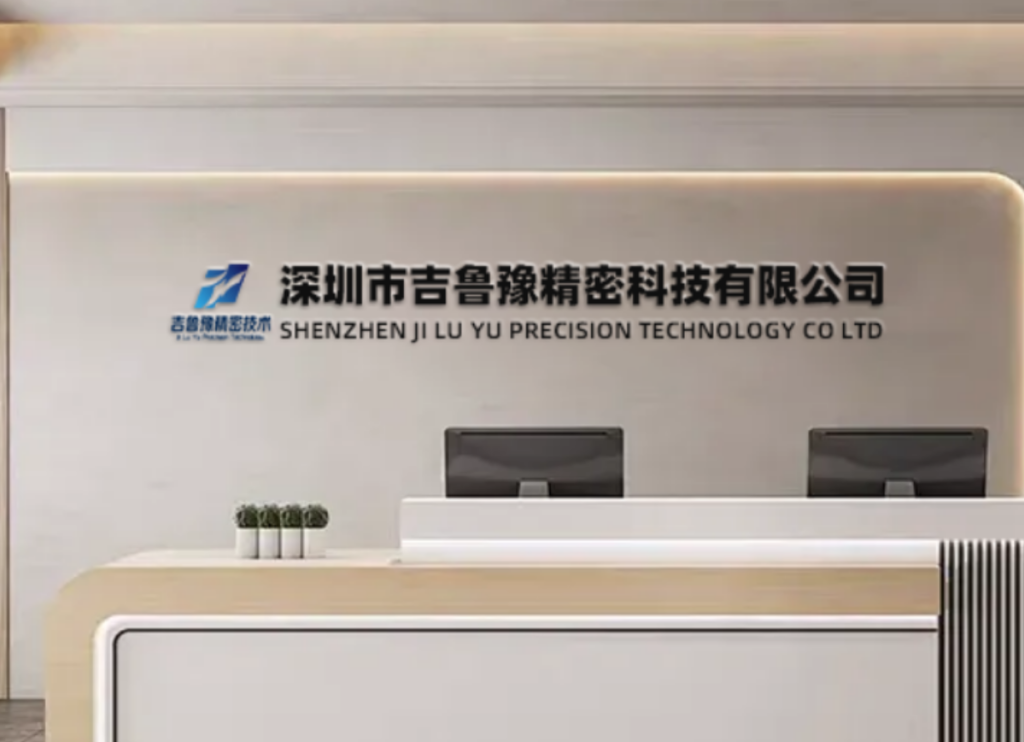Optimized Article: PVD Coating Service for Precision Machined Parts in CNC Machining
Introduction
In the realm of precision manufacturing, the integration of Physical Vapor Deposition (PVD) coating services with CNC machining has become a cornerstone for enhancing the performance and longevity of machined components. As a leading CNC machining service provider in China, Jlypt specializes in offering customized PVD coating solutions designed specifically for precision machined parts. This article delves into the intricacies of PVD coating within the context of CNC machining, highlighting its benefits, processes, and showcasing three real-world cases from our portfolio.
The Importance of PVD Coating in CNC Machining
PVD coating is a critical process that enhances the surface properties of precision machined parts, providing a protective layer that improves wear resistance, corrosion resistance, hardness, and aesthetics. By combining PVD coating with CNC machining, Jlypt is able to offer clients a comprehensive solution that meets their unique needs and specifications.
Detailed Process Table: PVD Coating for Precision Machined Parts
| Step | Process Description | Key Considerations |
|---|---|---|
| 1. CNC Machining | High-precision machining to achieve the desired shape and size of the part. | Ensuring dimensional accuracy and surface finish. |
| 2. Pre-Coating Preparation | Cleaning and degreasing the machined part to remove any contaminants. | Ensuring a clean surface for optimal coating adhesion. |
| 3. Masking | Masking areas that do not require coating to protect them from the process. | Precise masking to avoid coating in unwanted areas. |
| 4. PVD Coating Application | Depositing the coating material onto the part using a physical vapor deposition process. | Controlling coating thickness, uniformity, and composition. |
| 5. Post-Coating Treatment | Removing masks and cleaning the coated part to remove any residual coating material. | Ensuring a smooth and even coating surface. |
| 6. Quality Assurance | Conducting visual inspections, thickness measurements, and hardness tests. | Ensuring the coating meets the specified requirements and standards. |
Benefits of PVD Coating for Precision Machined Parts
- Enhanced Wear Resistance: PVD coatings significantly increase the wear resistance of precision machined parts, extending their lifespan and reducing maintenance costs.
- Improved Corrosion Resistance: The protective oxide layer formed during the PVD process provides high corrosion resistance, ensuring components perform reliably in harsh environments.
- Increased Hardness: PVD coatings can increase the hardness of machined parts by up to 30%, providing better resistance to scratching and deformation.
- Custom Aesthetic Finishes: The process allows for the application of various decorative finishes, enhancing the visual appeal of precision components for diverse applications.
Case Studies: Highlighting Our Expertise
Case Study 1: Aerospace Components
Challenge: An aerospace manufacturer required precision-machined components with enhanced wear resistance and corrosion protection for high-stress applications.
Solution: Jlypt combined CNC machining with a TiN PVD coating, achieving a hardness increase of 20% and significantly boosting wear resistance. The coating also provided excellent corrosion protection, ensuring the components could withstand harsh environments.
Outcome: The coated components exhibited improved performance and reliability, meeting the rigorous demands of aerospace applications. The client was highly satisfied with the results and continued to collaborate with Jlypt for future projects.
Case Study 2: Medical Implants
Challenge: A medical device supplier sought a corrosion-resistant coating for stainless steel implants used in orthopedic surgeries.
Solution: Our team utilized CNC machining to create the implant shape and then applied a CrN PVD coating, providing high corrosion resistance and a satin finish that was both aesthetically pleasing and functional. The coating also met all medical-grade requirements, ensuring patient safety.
Outcome: The implants exhibited enhanced durability and corrosion resistance, contributing to improved patient outcomes. The client was impressed with the quality of the coated implants and continued to work with Jlypt for subsequent orders.
Case Study 3: Automotive Parts
Challenge: An automotive OEM needed precision-machined gears and transmission components with reduced friction and improved wear resistance to enhance fuel efficiency and performance.
Solution: Jlypt employed CNC machining for initial shaping and then coated the gears and components with a TiCN PVD coating, optimizing their tribological properties and reducing friction coefficients. The coating also provided excellent wear resistance, ensuring the components could withstand the rigors of automotive applications.
Outcome: The coated gears and components exhibited lower friction and significantly extended service life, contributing to improved fuel efficiency and reduced maintenance costs. The client was pleased with the results and continued to use Jlypt’s services for future automotive component projects.
Conclusion
PVD coating for precision machined parts in CNC machining is a critical process that enhances the performance, durability, and aesthetic appeal of machined components. Jlypt’s expertise in this field, combined with our advanced machinery and rigorous quality control measures, ensures that our clients receive components of the highest standard. Our case studies demonstrate the tangible benefits of our services, from improved product performance to increased customer satisfaction.
For more information about our PVD coating services for precision machined parts in CNC machining, please visit our website at https://www.jlypt.com/pod-coating/ or contact us at [email protected]. We invite you to explore our offerings and discover how Jlypt can elevate your precision machined part production with custom PVD coating solutions.
